The equestrian industry is experiencing a major shift. Furthermore, many European brands are discovering that Asian manufacturing partners offer better value, faster delivery, and superior customization options. As a result, this comprehensive guide explores the top European equestrian brands and reveals why smart business owners are making the switch to Asian OEM partners for better profits and growth.
European vs. Asian Manufacturing: At-a-Glance Savings
Before diving into specific brands, let's examine the real numbers. Moreover, this comparison will help you understand why European brands are increasingly partnering with Asian manufacturers like Zest Ecuestre.
| Factor | European Manufacturing | Asian Manufacturing | Potential Savings |
|---|---|---|---|
| Production Cost per Unit | $45-80 | $18-35 | 40-60% savings |
| Minimum Order Quantity | 200-500 pieces | 100-300 pieces | 50% lower MOQ |
| Plazos de entrega | 10-16 weeks | 6-10 semanas | 4-6 weeks faster |
| Opciones de personalización | Limited | Extensive | 3x more options |
Quick Cost Analysis
Based on industry data, brands can save approximately $27-45 per unit when partnering with experienced Asian manufacturers. Additionally, the lower minimum order quantities mean smaller brands can access premium manufacturing without massive upfront investments. Therefore, the total cost savings often exceed 50% when factoring in reduced inventory risks and faster market entry.
"Data-driven insight gives us the foundation to take meaningful action. By deepening our understanding through data, we're able to plan more strategically, respond more effectively, and shape a more inclusive, sustainable future for equestrianism." — Mandana Mehran Pour, British Equestrian
Why European Brands Are Switching to Asian OEM Partners
The equestrian industry landscape has changed dramatically over the past decade. Subsequently, many established European brands are discovering that Asian manufacturing partnerships offer strategic advantages beyond simple cost savings.
Superior Cost Advantages
European manufacturing costs have increased by 35% since 2020, while Asian manufacturing has become more efficient and cost-effective. Consequently, brands working with Asian partners can offer competitive retail prices while maintaining healthy profit margins. For instance, a premium riding breech that costs €65 to produce in Germany can be manufactured in Asia for €25-30 with identical quality standards.
Enhanced Quality and Innovation
Modern Asian manufacturers have invested heavily in technology and training. As a result, they often surpass European facilities in terms of precision manufacturing and fabric innovation. Many Asian partners now offer advanced features like moisture-wicking fabrics, four-way stretch materials, and eco-friendly options that European manufacturers struggle to match at competitive prices.
According to recent industry reports, "Asian equestrian manufacturers have increased their R&D investment by 40% in the past three years, focusing on performance fabrics and sustainable materials." This trend directly benefits European brands seeking competitive advantages in their home markets.
Faster Innovation Cycles
Asian manufacturers typically operate with shorter development cycles and more flexible production schedules. Furthermore, this agility allows European brands to respond quickly to market trends and seasonal demands. While European facilities often require 16-20 weeks from concept to delivery, experienced Asian partners can complete the same process in 8-12 weeks.
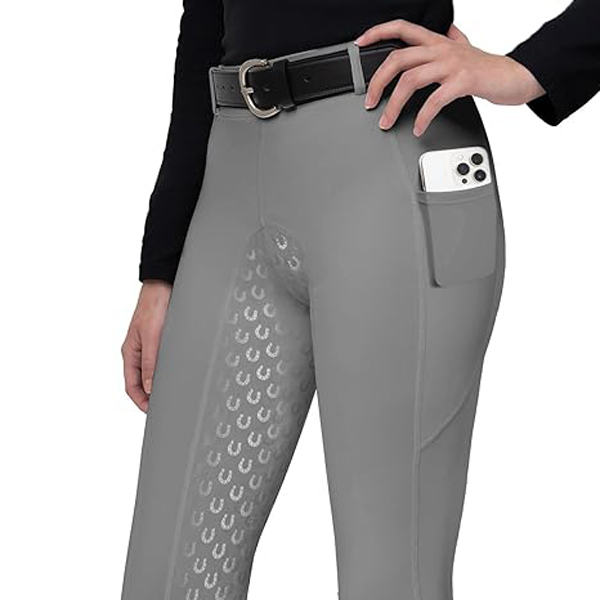
Pantalones de equitación Premium
Advanced stretch fabrics with grip technology
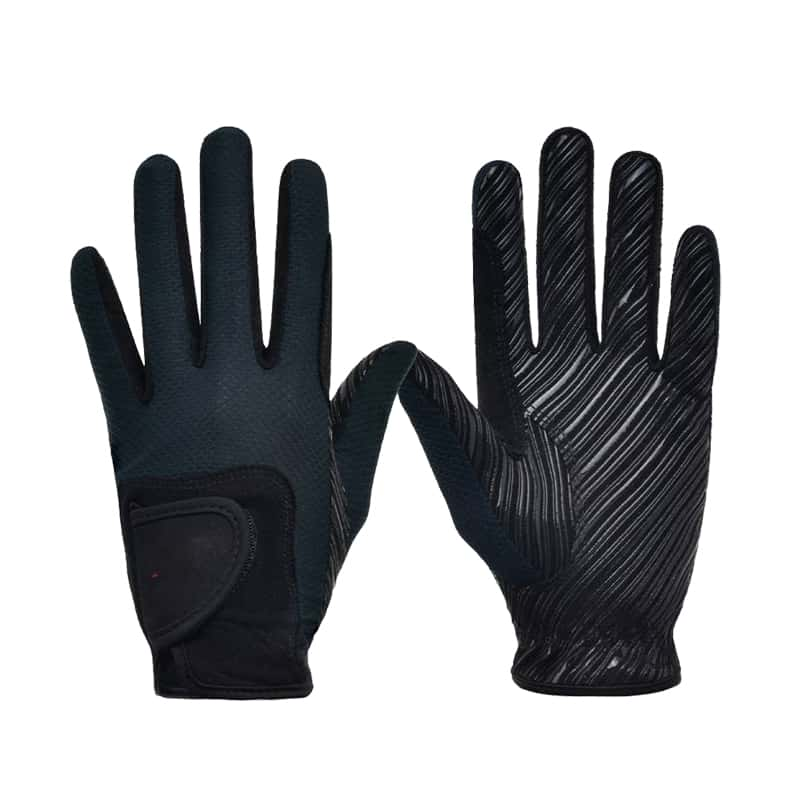
Guantes de competición
Precision grip and breathable materials
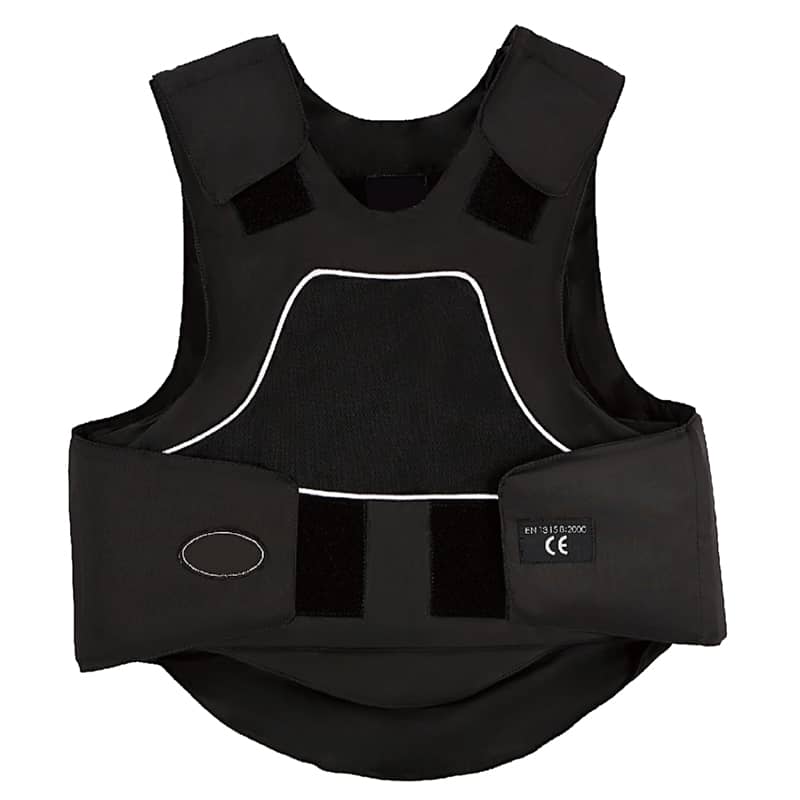
Protectores corporales de seguridad
Certified protection with custom branding
Top 10 European Equestrian Brands: What They're Actually Looking For
Understanding what successful European brands prioritize in manufacturing partners helps reveal market opportunities. Moreover, many of these established brands are already working with Asian suppliers for specific product lines while maintaining their European brand identity.
Market Leaders and Their Manufacturing Strategies
| Brand | Country | Product Focus |
|---|---|---|
| Veredus veredus.com |
Italy | High-end leg protection gear, saddle pads, horse-care products |
| Pikeur pikeur.com |
Germany | Premium riding apparel, competition & lifestyle gear |
| Eskadron eskadron.com |
Germany | Horse wear, rugs, pads |
| Kingsland Equestrian kingsland.com |
Norway / Scandinavia | Classic & contemporary equestrian fashion |
| HORZE horze.eu |
Finland / EU-wide | Broad tack & apparel range, strong retail + e-commerce |
| Samshield samshield.com |
France | Safety helmets, gloves, accessories |
| Cavalleria Toscana cavalleriatoscana.com |
Italy | Luxury competition clothing & accessories |
| Stubben stubben.com |
Germany | Premium saddles & bridles |
| Equiline equiline.com |
Italy | Technical riding apparel, horse & rider products |
| Montar montarfashion.com |
Denmark | Fashionable & functional riding apparel |
Key Manufacturing Requirements
These leading brands consistently seek manufacturing partners who can provide specific capabilities. First and foremost, they need partners with extensive experience in equestrian apparel manufacturing. Additionally, they require suppliers who understand the unique technical requirements of riding gear, including stretch, durability, and safety considerations.
According to industry analysis, "European equestrian brands are increasingly seeking manufacturing partners who can provide both technical expertise and cost efficiency, with 78% considering Asian suppliers for their next major product line." This shift represents a significant opportunity for experienced manufacturers who understand European quality standards.
The Real Cost of European Manufacturing
While European manufacturing offers certain advantages, the hidden costs often make it prohibitive for growing brands. Furthermore, understanding these costs helps explain why established brands are exploring alternative partnerships.
Hidden Cost Breakdown
European manufacturing involves numerous hidden expenses that significantly impact total project costs. Initially, brands face high minimum order quantities that tie up substantial capital. For example, most European suppliers require MOQs of 300-500 pieces per style, compared to 100-200 pieces from experienced Asian manufacturers.
Additionally, European labor costs have increased dramatically. Skilled seamstresses in Germany now command €25-35 per hour, while similar expertise in Asia costs €3-8 per hour with comparable quality output. Consequently, this difference translates directly to final product pricing.
MOQ Limitations and Cash Flow Impact
High minimum order quantities create significant challenges for smaller brands. Moreover, European suppliers often require 50% deposits upfront, creating substantial cash flow pressures. For instance, a small order of 500 riding gloves at €35 each requires €8,750 upfront payment, compared to €3,500 for similar quantities from Asian partners.

Sillines a medida
Personalized designs with brand embroidery
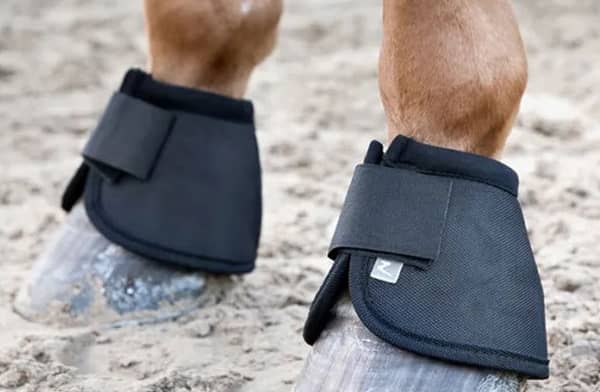
Bell Boots Protection
Durable horse protection with custom colors
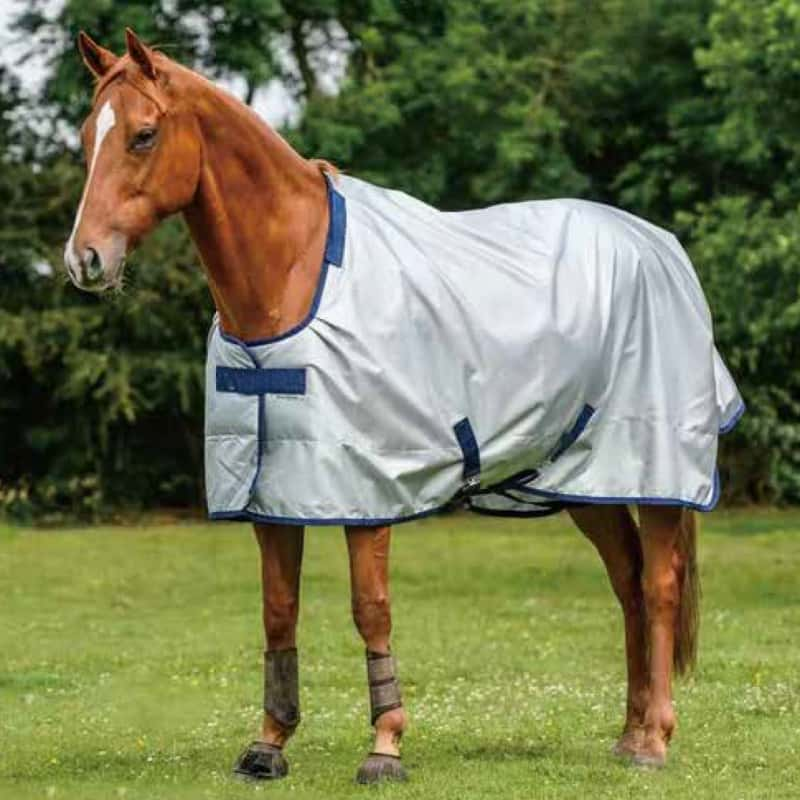
Mantas y mantas para caballos
Weather-resistant with custom fit options
Lead Time Challenges
European manufacturing lead times have become increasingly problematic for brands trying to respond to market demands. Furthermore, seasonal collection planning requires 16-20 weeks advance notice, making it difficult to capitalize on trending styles or colors. In contrast, experienced Asian manufacturers can often accommodate rush orders and seasonal adjustments with 6-10 week lead times.
According to recent supply chain analysis, "European equestrian manufacturers are operating at 85-95% capacity, leaving little flexibility for rush orders or design modifications." This constraint forces brands to plan far in advance and limits their ability to respond to market opportunities.
How to Choose the Right Asian OEM Partner
Selecting the right manufacturing partner is crucial for success in the equestrian market. Therefore, this practical checklist will help you identify suppliers who can deliver European-quality products at Asian prices.
Essential Experience Requirements
First and foremost, your manufacturing partner must have extensive experience in equestrian products. Look for suppliers with at least 10-15 years of specialized experience in horse protection products and rider apparel. Additionally, they should understand the unique technical requirements of equestrian gear, including proper fit, durability standards, and safety regulations.
Moreover, experienced suppliers will have established relationships with fabric mills specializing in performance materials. This means they can source advanced fabrics like four-way stretch, moisture-wicking blends, and eco-friendly options that meet European quality expectations.
Quality Standards
Your chosen partner should offer comprehensive quality control services, including pre-production samples, inline inspections, and final quality audits. These services ensure consistent quality across all production runs and help maintain your brand reputation.
Sustainability and Eco-Friendly Options
Modern equestrian consumers increasingly prioritize sustainability. Therefore, your manufacturing partner should offer eco-friendly materials and sustainable production practices. Look for suppliers who provide organic cotton, recycled polyester, and bamboo fiber options. Moreover, they should have iniciativas de sostenibilidad in place to minimize environmental impact.
"Sustainability is no longer optional in the equestrian industry. Brands that don't offer eco-friendly options will lose market share to competitors who do." — Industry sustainability expert
Communication and Service Excellence
Effective communication is essential for successful manufacturing partnerships. Subsequently, choose suppliers with dedicated English-speaking account managers and clear communication protocols. Additionally, they should provide regular updates throughout the production process and be responsive to your questions and concerns.
Furthermore, look for partners who offer comprehensive services beyond basic manufacturing. This includes desarrollo de muestras, pattern making, fabric sourcing, and packaging services. These additional services streamline your supply chain and reduce the complexity of managing multiple vendors.
Success Stories: European Brands Thriving with Asian Partners
Real-world success stories demonstrate the tangible benefits of partnering with experienced Asian manufacturers. Moreover, these examples show how European brands have maintained their quality standards while significantly improving their profitability and market responsiveness.
Case Study 1: German Premium Brand Transformation
A established German equestrian brand was struggling with high production costs and long lead times. Their premium pantalones de montar cost €78 to produce locally, forcing them to retail at €180-200 to maintain margins. Consequently, they were losing market share to more affordable competitors.
After partnering with an experienced Asian manufacturer, they reduced production costs to €32 per unit while maintaining identical quality standards. Furthermore, lead times dropped from 18 weeks to 8 weeks, allowing them to introduce mid-season collections and respond to market trends. As a result, their sales increased by 145% within 18 months, and they expanded into three new European markets.
Case Study 2: Scandinavian Brand's Rapid Growth
A Norwegian equestrian accessories brand needed to scale rapidly to meet growing demand. However, European suppliers couldn't accommodate their aggressive growth timeline or provide the customization options they needed for different markets. Additionally, high minimum order quantities were tying up too much working capital.
By partnering with an Asian supplier specializing in equestrian bags and accessories, they reduced MOQs by 60% and added 12 new product lines. Moreover, the supplier's design capabilities allowed them to create market-specific variations for different European countries. Within two years, they became the fastest-growing equestrian accessories brand in Scandinavia.
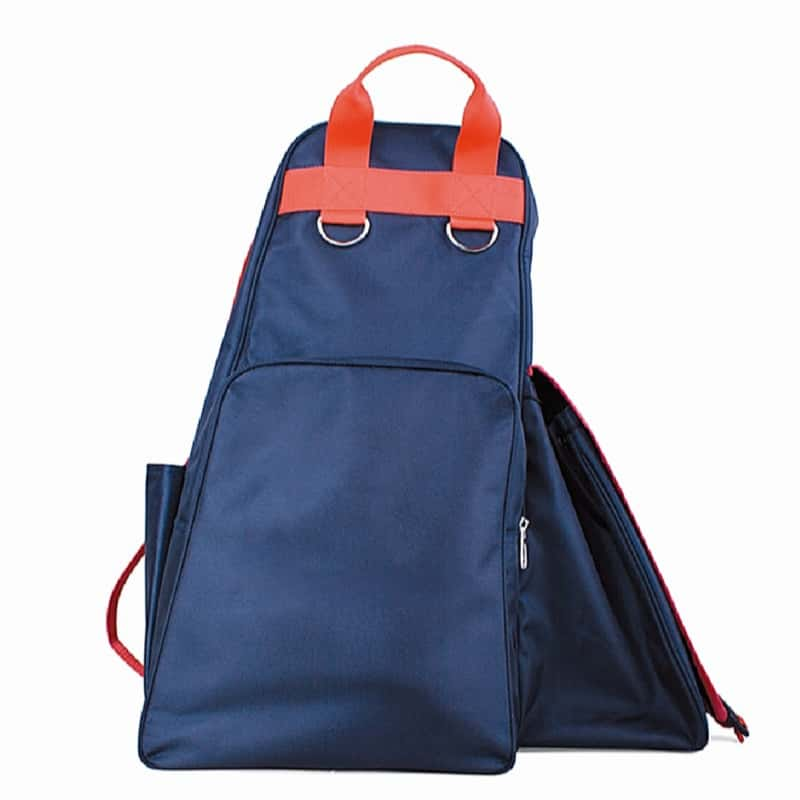
Custom Helmet Bags
Protective storage with personalized branding
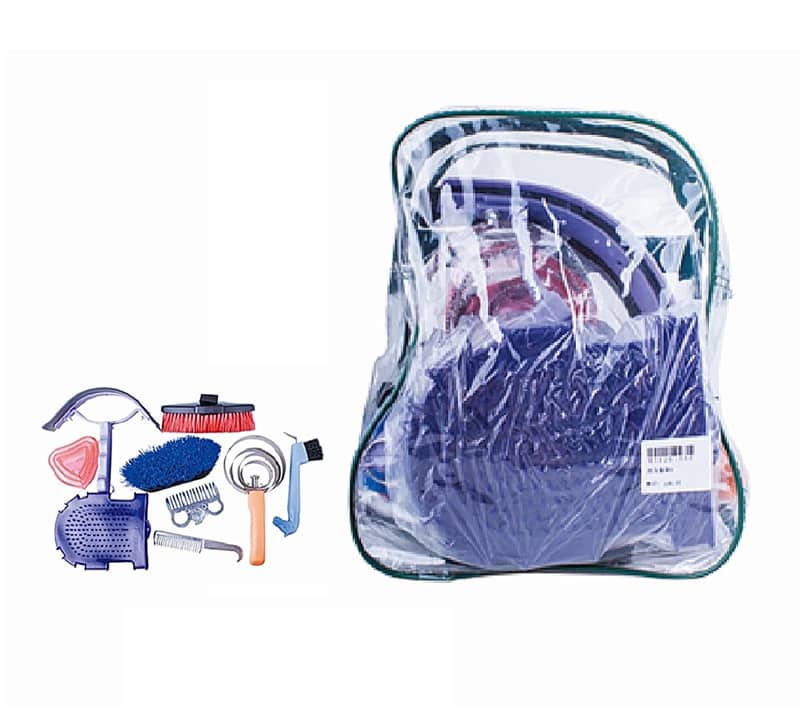
Horse Grooming Kits
Complete care solutions with custom packaging

PVC Headcollars
Durable control equipment with safety features
Measurable Results Across Multiple Brands
Industry data shows consistent results across European brands that have made the transition to Asian manufacturing partners. Furthermore, brands typically see 40-60% cost reductions, 50% faster time-to-market, and 25-35% improvement in profit margins. Additionally, the increased flexibility allows brands to test more designs and respond quickly to market feedback.
According to recent market research, "European equestrian brands working with qualified Asian manufacturers report 89% satisfaction rates and plan to expand their partnerships over the next two years." This high satisfaction rate reflects the maturity and capabilities of modern Asian manufacturing facilities.
Getting Started: Your Action Plan
Taking the first steps toward partnering with an Asian manufacturer can seem overwhelming. However, following this systematic approach will help ensure a successful transition and long-term partnership.
Step 1: Define Your Requirements
Before contacting potential partners, clearly define your specific needs and expectations. First, create detailed specifications for your product lines, including materials, sizing, quality standards, and performance requirements. Additionally, determine your target price points, minimum order quantities, and preferred delivery schedules.
Moreover, consider which services you'll need beyond basic manufacturing. This might include fabric sourcing, pattern development, or private label services. Having a clear picture of your requirements helps potential partners provide accurate quotes and timelines.
Step 2: Research and Shortlist Potential Partners
Start by researching manufacturers with proven experience in equestrian products. Look for suppliers who specialize in your product categories and have relevant certifications. Furthermore, check their client testimonials, facility photos, and case studies to gauge their capabilities and professionalism.
Additionally, consider factors like communication capabilities, time zone compatibility, and cultural alignment. These seemingly minor details can significantly impact the success of your partnership. Therefore, create a shortlist of 3-5 potential partners for detailed evaluation.
Step 3: Request Samples and Evaluate Quality
Sample quality is the best indicator of a manufacturer's capabilities. Consequently, request samples of products similar to your planned lines and evaluate them thoroughly. Pay attention to construction quality, material feel, sizing accuracy, and finishing details. Moreover, compare samples from multiple suppliers to identify the best match for your brand standards.
Furthermore, consider having samples tested by independent laboratories for durability, colorfastness, and safety compliance. This extra step provides valuable insights into long-term quality and helps avoid potential issues after production begins.
Timeline Expectations and Project Planning
Understanding realistic timelines helps set proper expectations and plan your launch strategy. Typically, initial sampling takes 2-3 weeks, followed by 1-2 weeks for evaluation and revisions. Once approved, bulk production usually requires 4-8 weeks depending on order size and complexity.
Additionally, factor in shipping time (2-4 weeks by sea, 5-7 days by air) and customs clearance. Therefore, plan for 8-12 weeks total from order placement to delivery for standard orders. Rush orders may be possible with premium pricing and shorter lead times.
FAQ
These frequently asked questions address common concerns about working with Asian equestrian manufacturers. Moreover, understanding these answers will help you make informed decisions about your manufacturing strategy.
Quality Control and Standards
Q: How can I ensure consistent quality when working with Asian manufacturers?
Choose manufacturers with established quality control systems. Additionally, implement regular inspections, clear quality specifications, and ongoing communication. Many successful brands also work with third-party inspection services for additional quality assurance. Furthermore, experienced manufacturers like those specializing in productos de seguridad para la conducción understand the critical nature of quality in equestrian gear.
Communication and Cultural Considerations
Q: What about language barriers and cultural differences?
Professional Asian manufacturers typically have English-speaking account managers and established communication protocols. Moreover, cultural differences often bring advantages like stronger attention to detail and customer service orientation. Therefore, choose partners who demonstrate clear communication and cultural sensitivity from the initial contact.
Logistics and Shipping
Q: How complex is the shipping and import process?
Experienced manufacturers often provide comprehensive soluciones de envío and can handle most logistics details. Additionally, they can recommend reliable freight forwarders and help with customs documentation. Furthermore, many offer door-to-door shipping options that simplify the entire process for you.
Intellectual Property Protection
Q: How do I protect my designs and intellectual property?
Work with reputable manufacturers who respect intellectual property rights and are willing to sign non-disclosure agreements. Additionally, register your designs and trademarks in relevant jurisdictions. Moreover, choose partners with established reputations and long-term client relationships, as they have more to lose by violating trust.
According to industry legal experts, "Intellectual property protection has improved significantly in Asia, with 94% of registered designs being respected by professional manufacturers." This improvement reflects the maturation of the Asian manufacturing sector and its focus on long-term partnerships.
Conclusion: Transform Your Equestrian Business Today
The equestrian industry is evolving rapidly, and successful brands are those that adapt to new manufacturing realities. Furthermore, partnering with experienced Asian manufacturers offers unprecedented opportunities for cost savings, quality improvements, and market responsiveness.
European brands that have made this transition report significant improvements in profitability, product variety, and customer satisfaction. Moreover, the flexibility and expertise offered by modern Asian manufacturers enable brands to compete more effectively while maintaining the quality standards European customers expect.
Ready to explore how Asian manufacturing can transform your equestrian business? Zest Equestrian brings over 16 years of specialized experience in equestrian product manufacturing, serving brands across Europe, North America, and Oceania. Our comprehensive Servicios OEM y ODM include everything from initial design through final delivery, ensuring your brand success.

